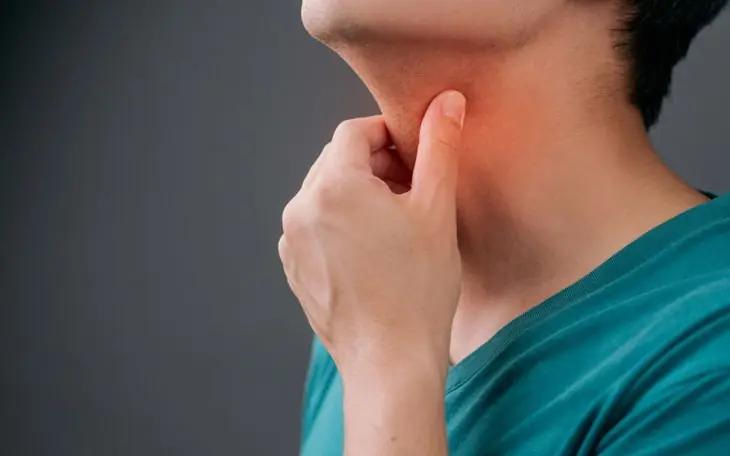
Age 40 Is a Critical Turning Point for Longevity: 4 Sleep-Related Signs That May Indicate Shorter Lifespan and Health Risks
Turning 40 is more than just a milestone—it’s a turning point that can significantly influence your long-term health and longevity. Medical experts agree that lifestyle choices and physical symptoms that emerge in your 40s often set the tone for the decades to come. One of the most revealing aspects of your health at this age is your sleep quality.
While sleep may seem like a passive activity, it plays a crucial role in body repair, immune function, and mental clarity. Surprisingly, certain changes or disturbances in sleep can be early warning signs of underlying health problems that may shorten your lifespan. Below are four key sleep-related signs that could indicate poor health or a higher risk of chronic disease after age 40.
1. Frequent Waking During the Night
Waking up once in a while during the night is normal. However, if you find yourself frequently waking multiple times every night, it could be a red flag. This type of sleep fragmentation can interfere with the deep stages of sleep that are vital for cell repair and brain health. It may be associated with conditions like sleep apnea, heart disease, or even high blood pressure—especially in middle-aged individuals.
Persistent nighttime waking is also linked to cortisol imbalance, which can lead to chronic inflammation, weight gain, and increased risk of metabolic diseases. If this happens regularly, it’s important not to ignore it.
2. Snoring or Gasping for Air
Loud snoring, gasping, or choking sounds during sleep are often brushed off as harmless, but they can be symptoms of obstructive sleep apnea (OSA). OSA is a condition where breathing repeatedly stops and starts during sleep, often due to the throat muscles intermittently relaxing and blocking the airway.
This condition is strongly associated with an increased risk of stroke, heart attack, diabetes, and shortened lifespan. People over 40 are particularly vulnerable, especially if they are overweight or have a history of cardiovascular issues.
3. Excessive Daytime Sleepiness
If you're getting 7–8 hours of sleep but still feel constantly tired or drowsy during the day, it may point to poor sleep quality or an undiagnosed sleep disorder. This symptom is common among people with conditions like insomnia, restless legs syndrome, or hidden mental health issues such as depression.
Excessive daytime sleepiness affects cognitive function, mood, and overall productivity. More importantly, studies have linked chronic sleepiness with a higher risk of early death, particularly from heart disease and neurodegenerative conditions.
4. Difficulty Falling or Staying Asleep
Chronic insomnia is more than just an inconvenience. After age 40, difficulty falling or staying asleep could indicate hormonal imbalances, anxiety disorders, or even early signs of neurological diseases.
Poor sleep increases the risk of high blood pressure, obesity, weakened immunity, and even Alzheimer’s disease. When this problem becomes long-term, it not only reduces your quality of life but also potentially shortens your lifespan.
Why Age 40 Matters
At 40, the body begins to undergo subtle changes—slower metabolism, reduced hormone levels, and declining cell regeneration. Poor sleep acts as an accelerator to these age-related declines. Experts say this decade is the ideal time to prioritize sleep health to extend your lifespan and prevent chronic disease.
What You Can Do
If you’re experiencing any of these symptoms, don’t ignore them. Consult a doctor or sleep specialist. Simple lifestyle changes—such as improving sleep hygiene, reducing caffeine, managing stress, and addressing underlying medical issues—can significantly improve sleep quality and overall health.
In conclusion, sleep is not just rest—it’s a reflection of your internal health. Paying attention to your sleep after age 40 might just be one of the most important steps you take for a longer, healthier life.
News in the same category

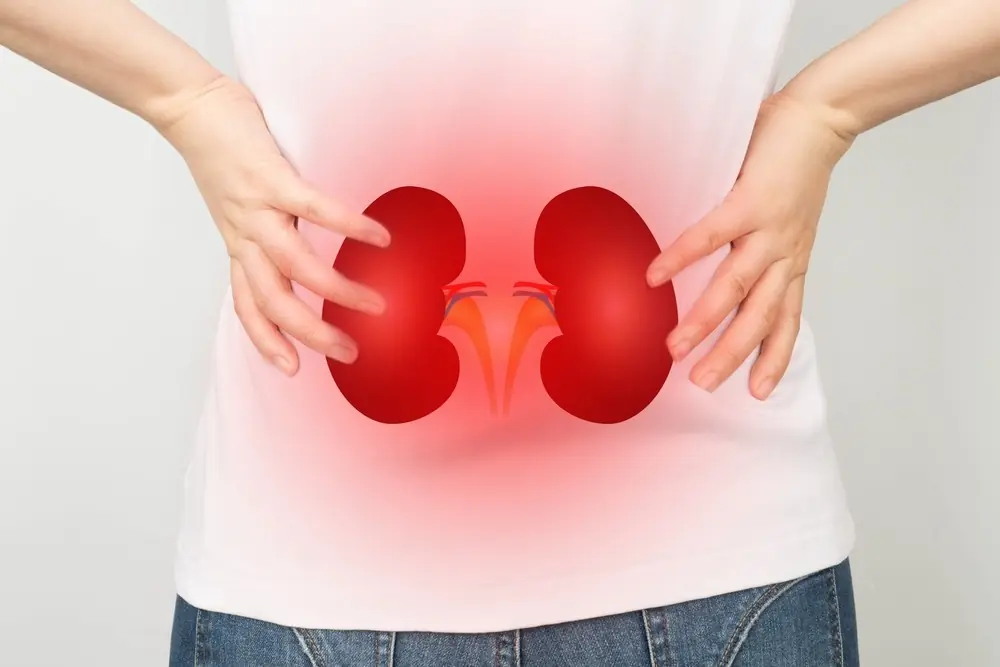
5 Signs of Kidney Failure That You Should Never Ignore – Bad Breath Even After Brushing Could Be One

About 15 Minutes Before a Stroke, the Body Often Sends 4 Clear Warning Signs: Call for Help Immediately

9 Food Combinations That Can Become 'Toxic'—Some Even Classed as Group A Carcinogens: Doctors Advise Avoiding
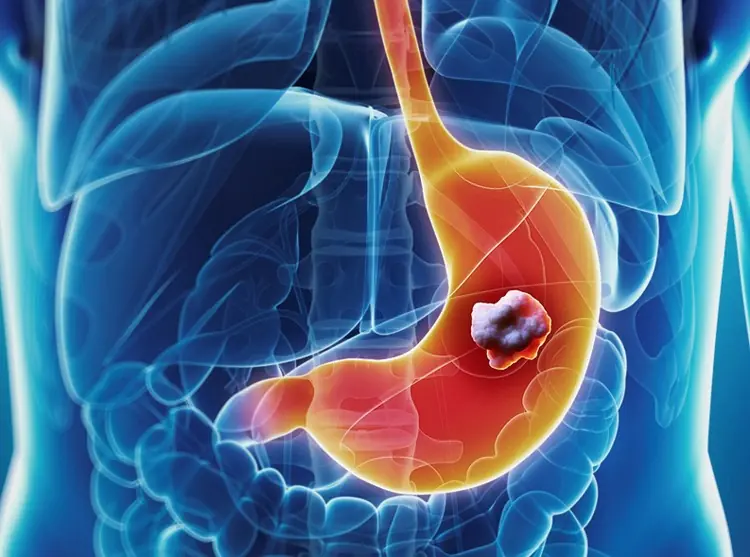
7 Early Signs of Stomach Cancer Everyone Should Know to Prevent Metastasis

🧠 How Your Brain Today Reflects Your Habits from Two Weeks Ago

💤 The Science of Dreaming: Why Do We Dream?

Too Much Salt May Lead to Depression, New Study Suggests

New Study Reveals: Memory May Be Stored in Cells Beyond the Brain
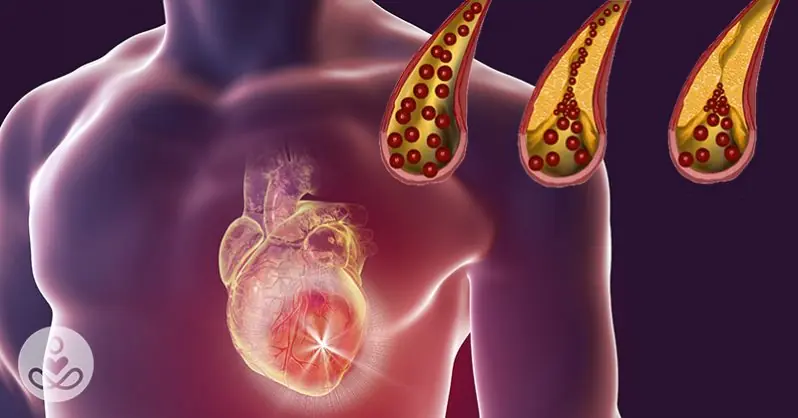
10 Foods You Should Eat Daily to Keep Your Arteries Clean

The Sleep Position That Could Be Quietly Damaging Your Health, According to Experts

Shocking Cancer Diagnosis at 44 Raises Alarms About a Popular Daily Sandwich Ingredient
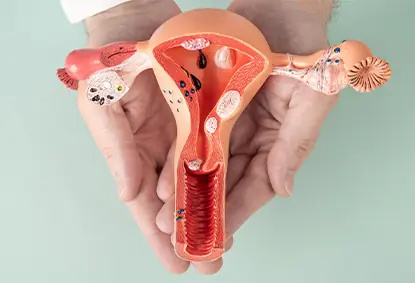
Understanding Uterine Fibroids: Causes, Symptoms, and Treatment Options
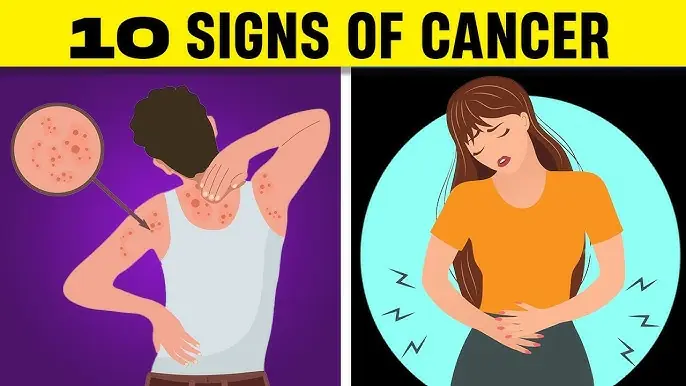
Is Your Body Trying to Tell You Something? 15 Early Signs of Cancer

If You Suddenly Wake Up Between 3:07 and 3:15 AM, You Should Be Extra Cautious
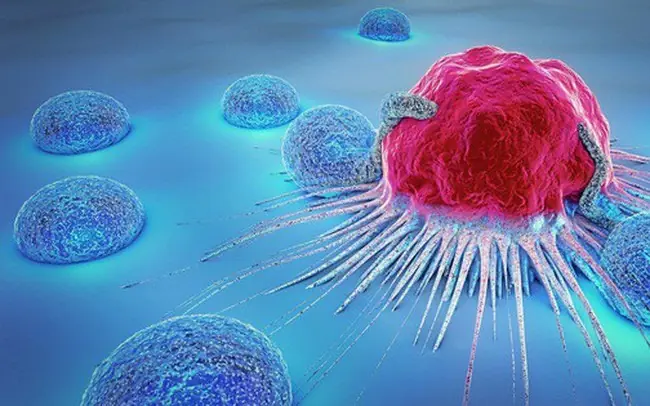
Discovery of a Drink That Helps “Push Back” Cancer: It's Not Tea or Coffee

One Year Before Death: The Body Often Shows 5 Warning Signs!

Revolutionary HIV Treatment: Lenacapavir Achieves 100% Clinical Efficacy
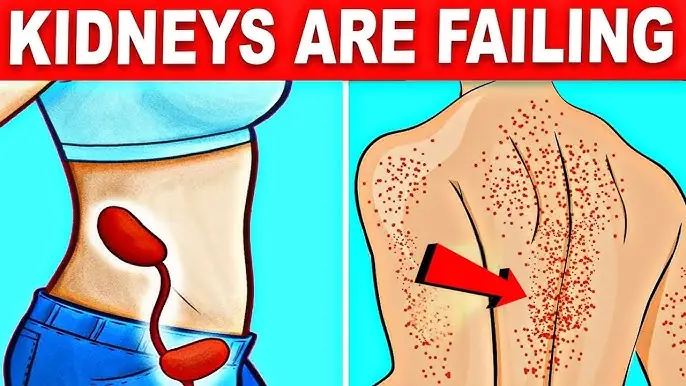
10 Warning Signs Your Kidneys May Be in Trouble
News Post

No, dear mother-in-law, I bought this apartment before the marriage, so pack your things,” I made it clear that her behavior was unacceptable to me.

The wife had been silent for a year, hosting her husband’s relatives in their home, until one evening, she finally put the bold family members in their place.

My mother-in-law discovered two children in an abandoned well, brought them to me, and entrusted me with their upbringing. I raised them as my own.

After the death of her mother-in-law, Valya arrived at the notary office where the reading of the will was to take place.

The hungry girl asked the baker for a slice of bread, but she didn’t eat it. The baker was surprised when he found out why.

A 40-Year-Old Man Died from a Sore Throat After 7 Rounds of Chemotherapy – Doctors Urgently Warn: Throw Away These 2 Items from Your Fridge

5 Signs of Kidney Failure That You Should Never Ignore – Bad Breath Even After Brushing Could Be One

About 15 Minutes Before a Stroke, the Body Often Sends 4 Clear Warning Signs: Call for Help Immediately

Russian Scientists Revealed The Most Powerful Discovery In The History Of Mankind

Scientists Warn Italy’s Phlegraean Fields Supervolcano Is Stirring, Raising Global Alarm

My Entitled SIL Erased Us from Her Wedding – I Didn't Let Her Get Away with It

Incredible Benefits of Guava Leaves | 11 Reasons To Drink Guava Leaf Tea Daily

My Sister Hijacked My Wedding for Her Pregnancy Announcement – I Waited Until Her Gender Reveal & Got the Last Laugh

My Pregnant Sister-in-Law Turned Me into Her Maid – I Played Her Game Until She Crossed the Line

11 Natural Ways to Whiten Your Teeth Using Everyday Ingredients

I Was Cleaning out After My Divorce and Tossing Old Documents Into the Fire When One Letter Stopped Me Cold

I Cut My Niece Off from the College Fund After I Overheard Her Conversation with My Ex-wife

🥤15 Surprising Benefits of the Juice You’ve Never Tried – Onion, Pineapple & Honey

Toothpaste: The Secret to Happy Feet!
